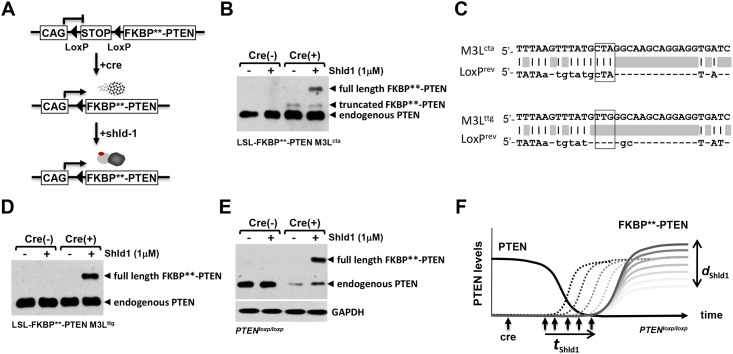Fig 5. Codon optimization of FKBP** establishes a conditional fine-tuning protein regulation system.
(A) The transcription of the destabilization cassette FKBP**-PTEN was subcloned downstream of LoxP-Stop-LoxP; transcription was driven by the ubiquitous CMV-enhanced chicken beta actin promoter (CAG). Presence of Cre induces FKBP**-PTEN gene transcription; however, the translated FKBP**-PTEN will be rapidly degraded. Addition of Shld1 confers FKBP**-PTEN stabilization in a tunable and reversible manner. (B) Cre-mediated cleavage of LoxP-Stop-LoxP (LSL) created a truncated FKBP**-PTEN fusion protein. Mouse forebrain neurons were nucleofected with LSL-FKBP**-PTEN and Cre-IresRFP (Cre (+)), or RFP (Cre (-)). Cells were treated with Shld1 (or control vehicle) overnight, before analyses of cell lysates using indicated antibodies. (C) Sequence alignment of FKBP** and LoxP. The third ATG codon region sequence (TATGCTA) of FKBP** (M3Lcta) is identical to the linker region of the LoxP stem-loop sequence (TATGCTA). Codon optimization of CTA with TTG (both code for amino acid Leu) will destroy the potential pseudo-cleavage site of Cre on FKBP**. (D) Codon optimization of M3Lcta to M3Lttg in FKBP** abolished the Cre-dependent FKBP**-PTEN truncation and produced a Shld1 dependent PTEN fusion protein. The M3Lttg modified LSL-FKBP**-PTEN construct was co-expressed with Cre-IresRFP (Cre (+)), or RFP (Cre (-)) in mouse forebrain neurons as before. (E) Combinatorial use of the Cre-LoxP system with the FKBP**-PTEN/Shld1 chemical-genetic protein control system in PTENflox/flox cells. Constructs were nucleofected into PTEN loxp/loxp mouse primary neurons as before. Note that nucleofection of primary cells occurs with efficiencies at approx. 80%, and result in a residual endogenous PTEN signals detected by western blotting. (F) The generated system is able to couple PTEN-loss directly with the expression of tunable FKBP**-PTEN. Upon Cre-mediated recombination, PTEN loxp/loxp cells will lose PTEN and, at the same time, activate expression of FKBP**-PTEN. In essence, endogenous PTEN is replaced by tuneable PTEN, which will enable to test whether PTEN-loss induced phenotypes can be rescued at different time-points (t Shld1) and/or at different PTEN-concentrations (d Shld1).

